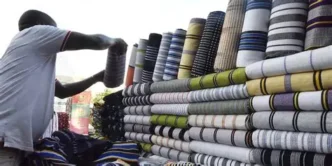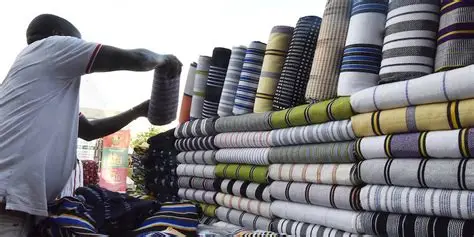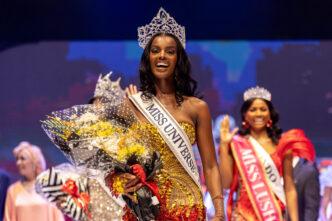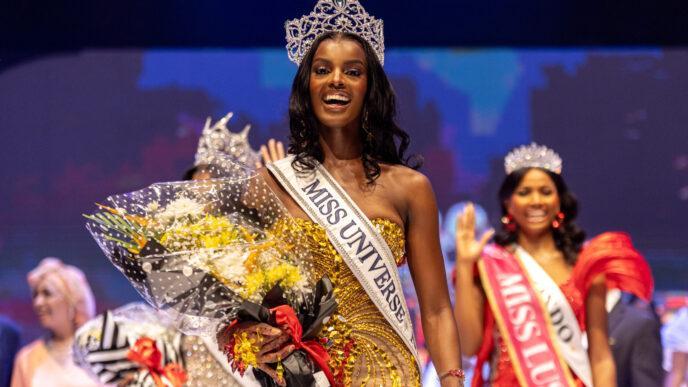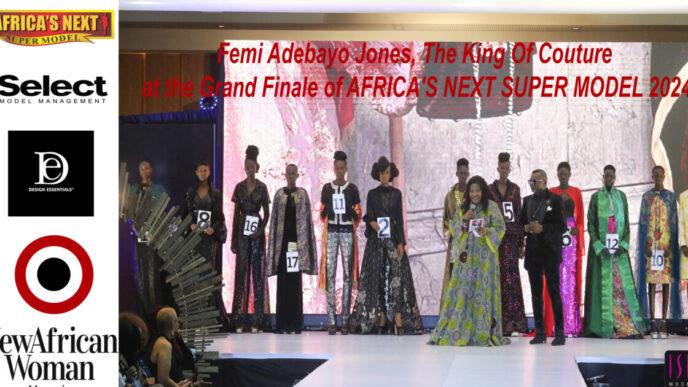In the villages and workshops of Burkina Faso, a rhythmic clatter of looms echoes through the air, a sound that carries history, pride, and quiet defiance. This is the world of Faso Dan Fani, the “woven cloth of the homeland,” a textile that threads together more than cotton. It weaves stories of cultural identity, resistance, dignity, and community.
Faso Dan Fani is not just fabric. It is a national symbol. It is political. It is spiritual. And for many Burkinabè artisans, it is life.
A Heritage Woven by Hand
Faso Dan Fani is rooted in the ancient weaving traditions of Burkina Faso’s Marka people. Crafted from hand-spun cotton and sometimes wild silk, it is traditionally woven by men on narrow, double-heddle looms. Women are often responsible for spinning and dyeing the yarns, sometimes using natural dyes made from indigo or tree bark. The fabric’s distinctive striped patterns are more than design; each stripe carries meaning, from proverbs to moral lessons and cultural codes passed through generations.
In communities like Koudougou and Bobo-Dioulasso, the loom is both a tool and a teacher. The weaver is both artisan and historian.
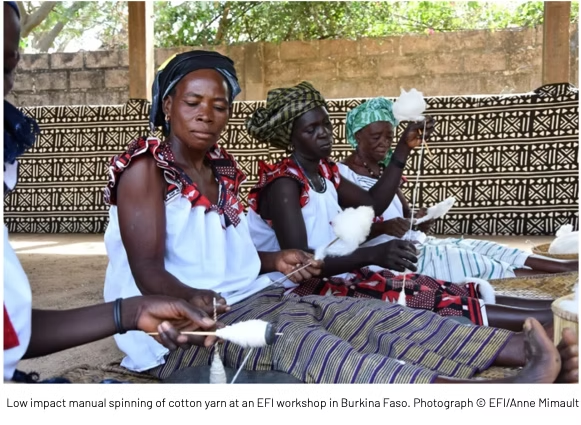
Sankara’s Fabric of Revolution
Faso Dan Fani’s modern prominence is inseparable from the late Thomas Sankara, Burkina Faso’s revolutionary leader in the 1980s. Sankara believed that national identity could not thrive on imported symbols. He encouraged Burkinabè to wear locally woven Faso Dan Fani as a gesture of cultural pride and resistance against economic imperialism.
“It is our dignity that we must protect. By wearing Faso Dan Fani, we reclaim our economy and our soul,” he once said.
Under Sankara, civil servants, teachers, and even judges replaced European suits with Faso Dan Fani garments. It became a political statement, a social equaliser, and a badge of self-reliance. In courts today, some judges still choose Faso Dan Fani over black robes, symbolising a justice rooted in African values.
A Tool for Empowerment
Today, the cloth remains a powerful force in community development. Women’s cooperatives across the country, such as the Adaja Centre, use Faso Dan Fani to build livelihoods. By learning to spin, dye, and weave, hundreds of women have earned financial independence, supported families, and reclaimed traditional knowledge.
The Ethical Fashion Initiative has partnered with Burkinabè artisans to bring their craft to global markets while ensuring fair wages and sustainable production. A formal Faso Dan Fani certification label now helps protect intellectual property and ensure quality.
The industry, which once relied solely on traditional looms, is slowly adopting new equipment to improve efficiency while preserving cultural integrity. International workshops, like those held in partnership with Vietnamese weaving experts, are helping artisans upgrade their tools without losing the essence of their art.
Every Stripe Tells a Story
Each length of Faso Dan Fani is a canvas of cultural memory. Some patterns represent family or clan identity. Others carry messages about bravery, unity, or loss. In times of celebration or mourning, Faso Dan Fani wraps bodies and souls in shared meaning.
At official ceremonies, on wedding days, or during national holidays, it is worn proudly. Young people are beginning to embrace it in new ways, turning traditional clothes into streetwear, graduation gowns, and global fashion statements. Designers like Pathé’O and others in the diaspora are helping take Faso Dan Fani to Paris runways and Pan-African festivals.
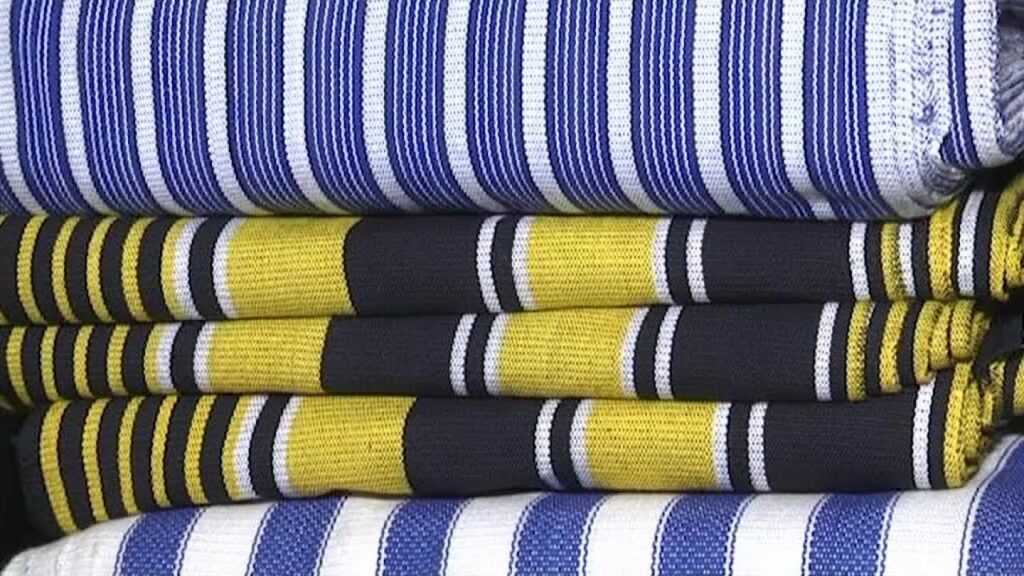
The Spirit in the Weave
Faso Dan Fani is more than cotton and color. It is a mirror of the Burkinabè spirit—resilient, creative, and deeply rooted. It speaks of a people who turned their hands into history-makers and their looms into instruments of freedom.
As Burkina Faso continues to navigate modernity, Faso Dan Fani remains a vital reminder that the most powerful expressions of identity are not mass-produced. They are woven patiently, purposefully, and proudly by those who remember who they are and where they come from.
In every line of every pattern, the homeland lives.
